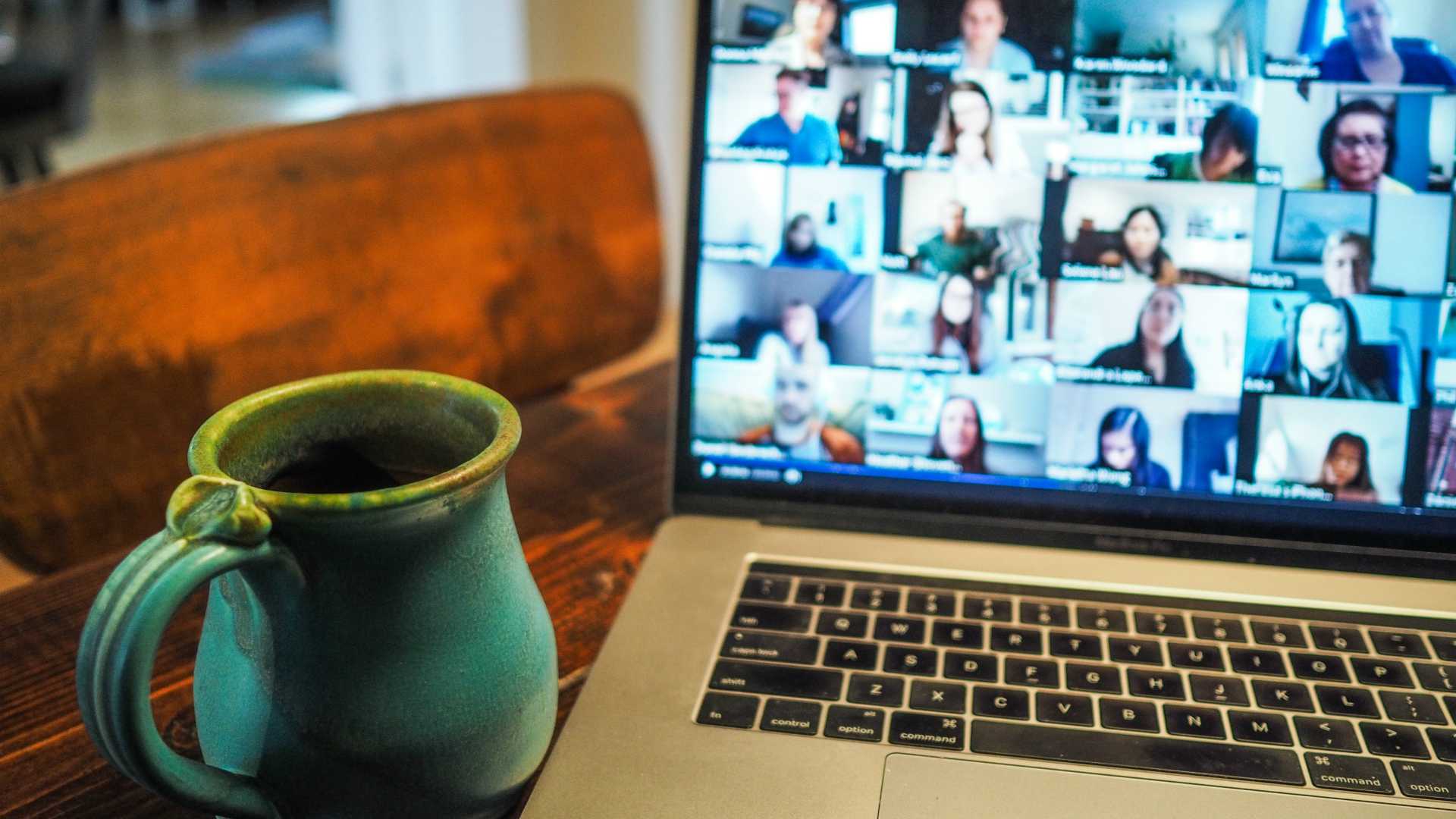The new world COVID-19 has created is challenging us in ways we had not expected. While many of us have worked from home on occasion, the new reality is that, with all of the stressful news on the health front, we must also find ways to maintain and grow our business relationships virtually. Here are four important cultural tips to keep in mind when interacting with learners, colleagues and associates during global virtual meetings:
1. Understand the Mentality of the Group
The number of online meetings you attend has likely increased dramatically in the last few weeks. As such, it is now imperative to understand the mentality of the group attending your virtual meeting in order to work smoothly and successfully, including the cultures represented “at the table.”
Asian cultures, for example, place a high value on group identification. Therefore, they will most likely not openly express their individual thoughts and ideas unless they feel that their input already meets with the approval of the others in their group. In a virtual meeting attended by people from Asian cultures, you may need to inquire frequently, and in various ways, to verify information before you can assume that you have the full picture.
Conversely, in many northern European cultures, an independent expression of ideas is typically more customary. Often, individuals express their own viewpoints in a group setting without discovering in advance if they are widely accepted opinions. In cultures where people express their individual identity more freely, you probably do not need to inquire as much to develop a full picture.
2. Understand What Social Distancing Means Culturally
In many cultures, being physically close to someone is an indication of trust, which must be established in order for business to happen. As COVID-19 has transformed all our meetings into virtual connections, it’s doubly important for colleagues from cultures that value being in close physical proximity, such as many Latin American, Middle Eastern and Mediterranean cultures, to build a social connection into the virtual meeting.
Make time in meetings to express personal concern for the well-being of your colleagues and empathize with their current situation. Demonstrate in all of your interactions, whether they be via text, email or video meeting, that you value their relationship and that you trust and feel comfortable with them. In the absence of being able to physically signal trustworthiness, express care and concern for how they are faring through this emergency, and let them know how much you appreciate them.
3. Understand that Different Cultures Manage Change Differently
COVID-19 has upended many common practices for many companies. As we are all adjusting to this challenge, it is imperative to note that cultures have different reactions to managing change and dealing with uncertainty.
For example, in some cultures, if someone has information that will reflect poorly on them or on the person they’re talking to, their first priority may be to downplay or minimize this information. The result can sometimes be an unintentional lack of clarity, as the real issue is masked.
The solution is to use video meetings as much as possible so that you can discern from facial expressions, gestures and exaggerated silences the meaning hidden in what someone is actually saying. In addition, ask questions that require more than a “yes” or “no” answer, as people from these cultures may default to “yes” to indicate that they heard you ask a question but avoid giving you an answer if they feel a response will be unpleasant or difficult for you or for them.
4. Understand That Different Cultures Respond Differently to Procedure
Every company or business has rules, processes, and procedures to follow, but the uncertainty of COVID-19 means makes it important to be flexible. Some cultures, like India, North America, Singapore, Hong Kong and Australia, respond well to processes, procedures and rules; in these cultures, rules and processes are made to be obeyed. The best practice when working with people from these cultures is to be crystal-clear and highlight every detail, no matter how small, as anything you leave unstated can become problematic in the face of constantly changing circumstances.
However, in many other cultures, like China, Latin America, southern Europe and Africa, processes and rules are rarely as important as the situation the rules are meant to address and, most importantly, the people involved. Here, individuals typically default to questioning why rules can’t be altered considering the situation. As scenarios change, you will need to recognize that everything agreed to on Monday may need to be renegotiated on Tuesday.
Virtual communications tend to hide cultural differences under a technological veneer that presumes everyone at the meeting is culture-neutral. But the reality is that culture is just as influential in the global virtual meeting as it is in the global real-world meeting — and perhaps even more so. As we rely almost completely on virtual meetings during the COVID-19 crisis, it is crucial to be aware of culture’s influence on the success of those virtual meetings.




